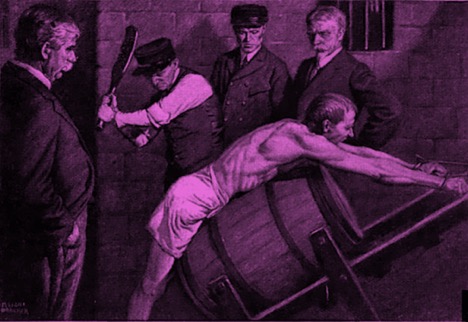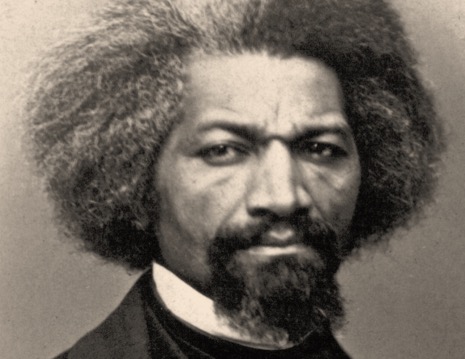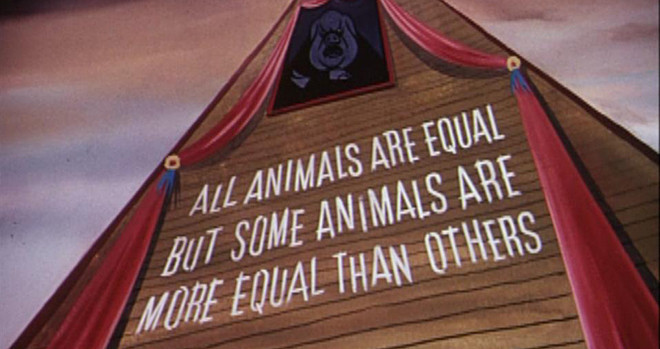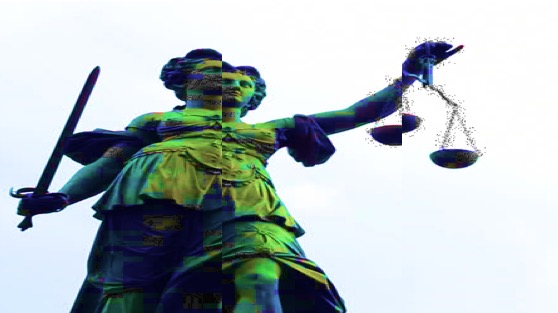We need courage to replace the politics of special privilege with the politics of equal justice.
Their Sin, Your Penance

Pious identitarian elites punish you for their guilt.
I’ll respond to David Azerrad’s important essay by taking up a question he suggests in concluding: following its own logic, how might identity politics play out? The question is worth asking for the same reason it’s difficult to answer. The theory and rhetoric of identity politics has little to say about what it would mean—how America would look and feel—if all the grievances of all the victim-groups constituting the identitarian coalition were satisfactorily resolved.
Azerrad’s demonstration that victimhood is central to identitarianism implies that those who happen to belong to groups whose grievances have been fully addressed would regard their identity, formerly essential to their sense of who they are, as a trivial detail, like being left-handed or having a name that starts with a vowel. Identity politics would be self-extinguishing.
Its logic and rhetoric, however, is to be self-perpetuating. For those who belong to the various victim groups, a life well lived entails finding new levels of meaning and attachment, getting deeper and deeper inside the experience of being black, female, gay, disabled, etc. The ultimate aspiration and resolution of identity politics can be considered in terms of how the question looks for those inside the identarian coalition, and then for those outside.
From inside, there are several problems. First, as identitarianism advances, animosities among the coalition of victims will become increasingly troublesome. Vindicating the rights and dignity of both Muslims and homosexuals, to take one example, appears to be an exercise in squaring the circle, no matter how strenuously “intersectionality” activists and even self-identifying gay Muslims protest.
Furthermore, the Oppression Olympiad, wherein the various groups compete over whose grievances are most acute and urgent, not only makes identitarianism look ridiculous, but undermines its coalition’s political power. Repeated reminders to fight the “real” enemy—cis-gendered straight, white males—are likely to be less and less effective at papering over these problems.
The moral leverage conferred by victimhood’s staying power is also doubtful. The problem is similar to the one that causes economic cartels to collapse: individuals will be tempted to break ranks from their victim-group, and individual victim-groups will be tempted to break ranks from the coalition. Asian-Americans’ uneasy status as the “model minority” is the paradigmatic instance. Under victimhood’s logic, individuals who strive and succeed betray the identitarian project. Their success makes them “part of the problem.” Not only does it make them presumptive oppressors in identity politics’ zero-sum game, but it also suggests discrimination is limited and surmountable. Perhaps things aren’t so bad, and people who remain victimized and downtrodden do share some significant measure of responsibility for not emulating those who have fashioned success stories. Exhortations about the importance of solidarity are, again, unlikely to hold the victimhood coalition together.
Identitarians who are not victims, the white liberal allies of the various liberation movements, experience contradictions of their own. The solicitude with which they regard those inside the identitarian collation is not easily distinguished from contempt. In making victimhood the decisive political consideration, such liberals treat victims as nothing other than victims, from whom we cannot reasonably or decently expect moral discipline and accountability. The implication that victims lack both agency and competency explains why blacks are significantly less likely than white liberals to believe that discrimination is the main barrier to blacks getting ahead.
Given the framework that reduces the entirety of politics to victimhood and oppression, “The delinquency, or even the downright nastiness, of victims is an index of the extent of their suffering,” as Kenneth Minogue wrote in The Liberal Mind. He points out, however, that these hall-passes from moral responsibility are handed out in a necessarily selective manner. Victimhood nullifies moral accountability, but oppressorhood demands it. Those who claim to be victims of racism can blame all their failures and transgressions on racism, but those accused of racism can never blame it on anything other than their own depravity or obliviousness.
It is also significant that fervent identitarianism, which Azerrad correctly describes as a secular version of sin and redemption, is described as transformative but enacted in ways that are merely performative. There are no known examples of any white liberal giving up a tenured professorship or syndicated column so that the vacancy may be filled by a member of an oppressed, under-represented minority group. Though tormented by complicity in the oppression of victims, white liberals reliably devise penances that will be performed by other people. Their ferocity in denouncing housing discrimination, for example, is matched by their resourcefulness in keeping low-income housing out of liberal enclaves like Marin County, California.
Identity politics is highly destructive, as Azerrad shows. The attendant consolations are that it appears to be highly self-destructive.
The American Mind presents a range of perspectives. Views are writers’ own and do not necessarily represent those of The Claremont Institute.
The American Mind is a publication of the Claremont Institute, a non-profit 501(c)(3) organization, dedicated to restoring the principles of the American Founding to their rightful, preeminent authority in our national life. Interested in supporting our work? Gifts to the Claremont Institute are tax-deductible.
Identity politics offers disenchanted radicals one more shot at utopia.
Our adversarial multiculturalism urges majority groups to disown their identity and minorities to cling to theirs.
Identity politics legitimizes inequality and the moral superiority of its elite.
America can't stand the retributive injustice of identity politics.





